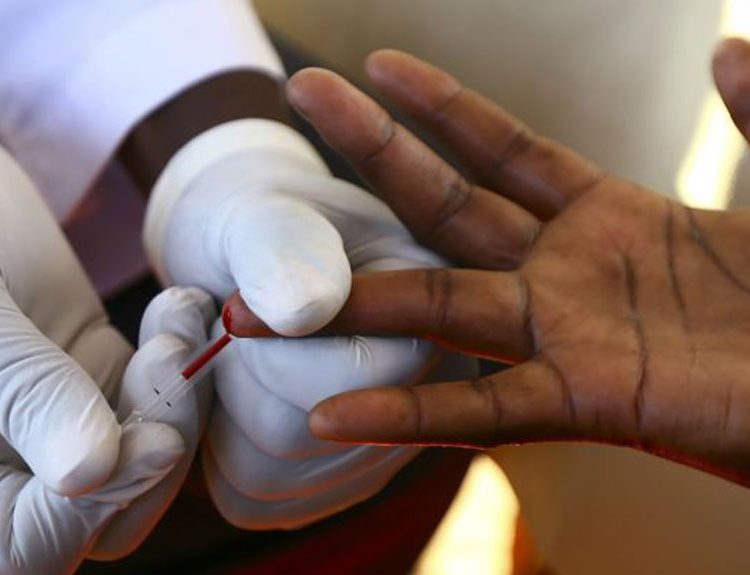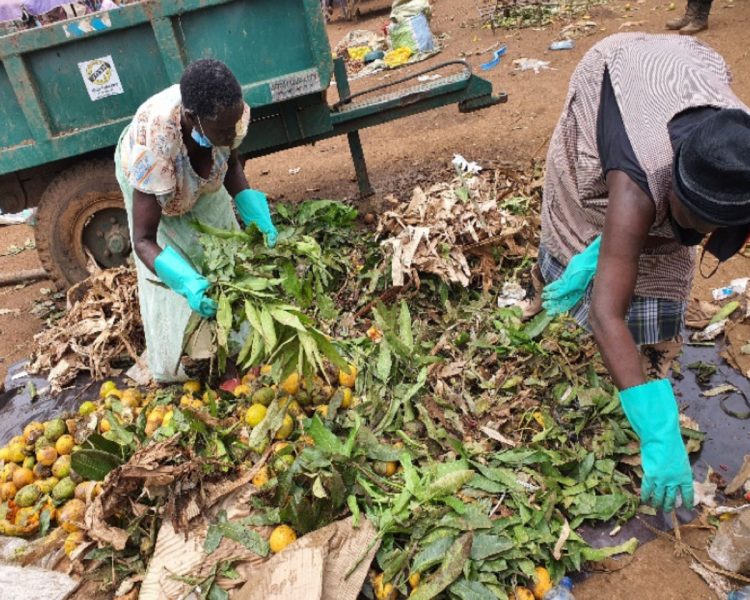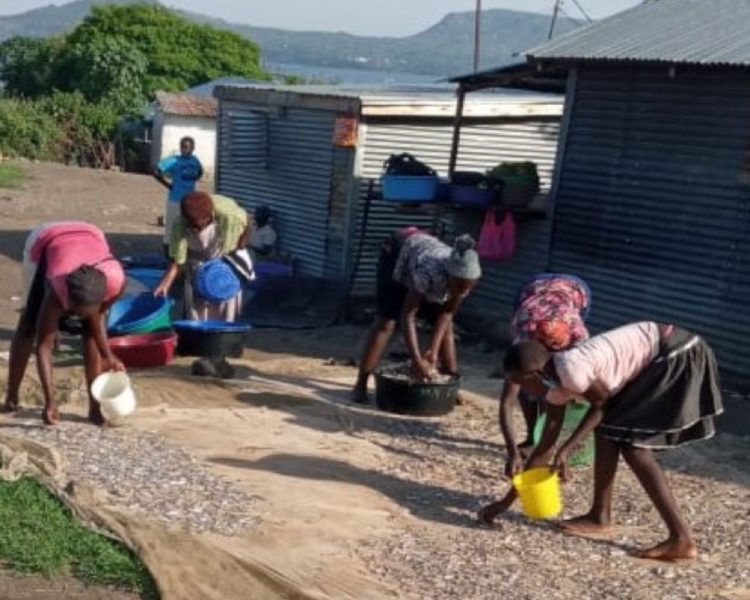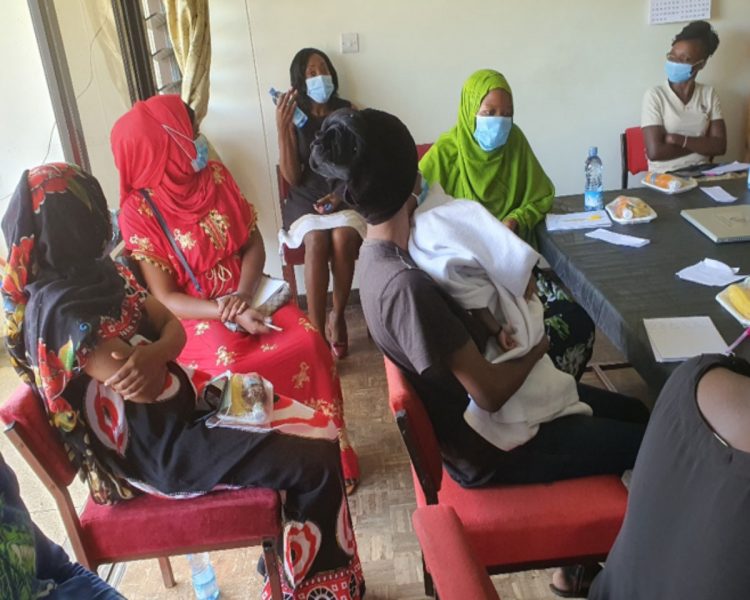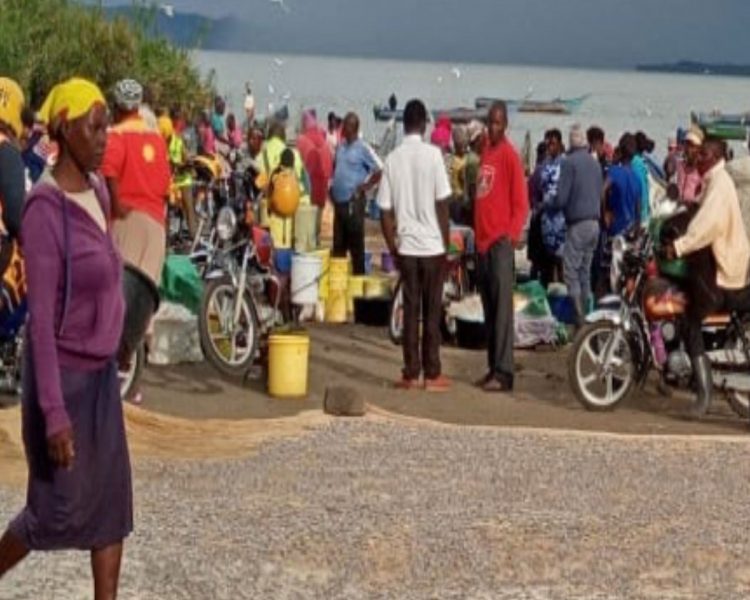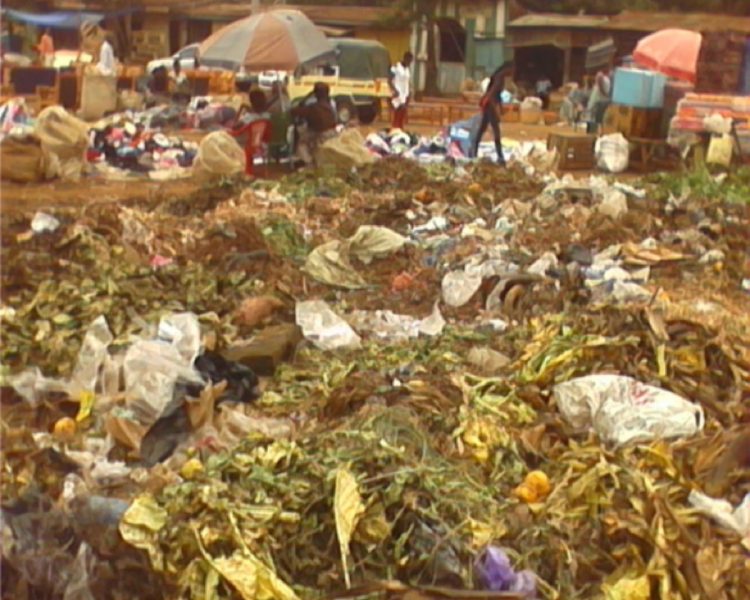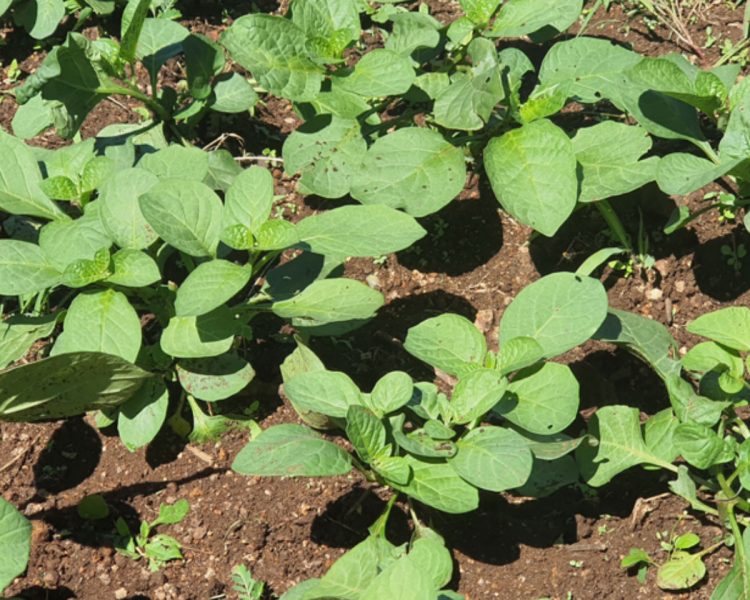
OUR PROGRAMS
Circular economy at PHIS
Our work on “circular economy” is nested within the OneHealth thematic program of the organization. It focuses on the nexus of sanitation/waste management, agriculture, human health and energy. This nexus is of critical relevance in the low-resource contexts that characterize most peri-urban spaces in low- and medium-income countries such as Kenya, where food insecurity and lack of sanitation and effective waste management are widespread, together with acute problems that cause extensive morbidity and mortality.
Circular economy allows for transformation of organic wastes into products, including compost and fertilizers, and linking directly to local agricultural enterprises that utilize these products. Often referred to as ecological sanitation (ecosan), this approach to sanitation aims to safely reuse organic wastes in agriculture, and is based on the principles of “designing out waste and pollution, keeping products and materials in use, and regenerating natural systems”. Moreover, there is a broad consensus that the status quo is not sustainable for either agriculture or sanitation, and that circular economies integrating these fields could have profound impacts.
PHIS and partners, including the McKnight Foundation, Cornell University and County Governments of Kisumu and Homabay, Kibuye Waste management CBO, and others are conducting an in-depth characterization of sanitation and waste management status in urban and peri-urban Kisumu and Homabay in western Kenya, including quantification of wastes and evaluation of associated infrastructure, efficiency and opportunities, with a view to building a framework for ecosan linked with peri-urban agriculture, health and energy. This work also entails characterization of vegetable and poultry farming in the target areas. Some of the wastes, including human excreta have been shown to have excellent potential as agricultural inputs when handled and processed safely. There is thus a huge opportunity to solve multiple problems related to food security and health by addressing sanitation and agriculture together in innovative ways in such environments.


